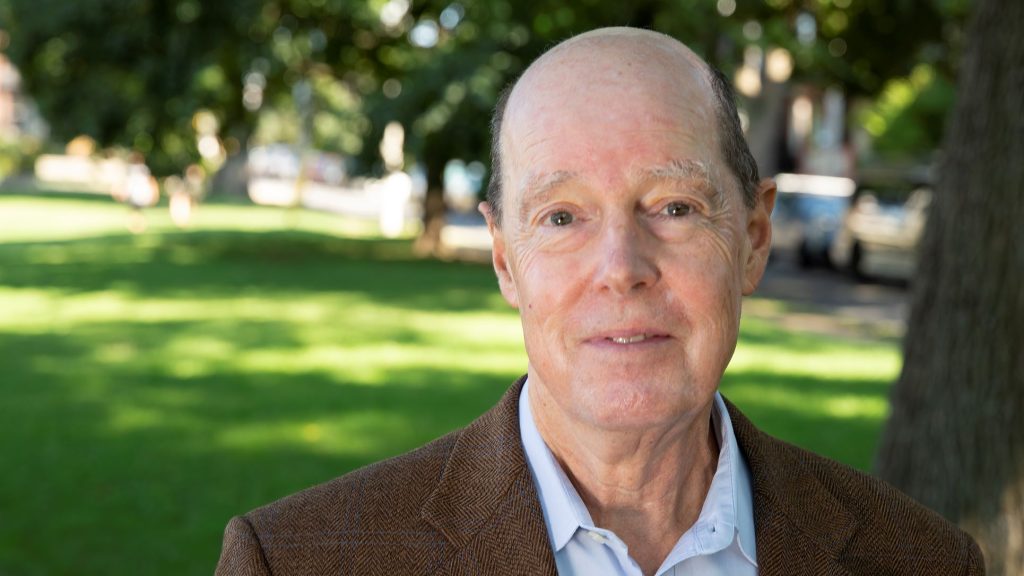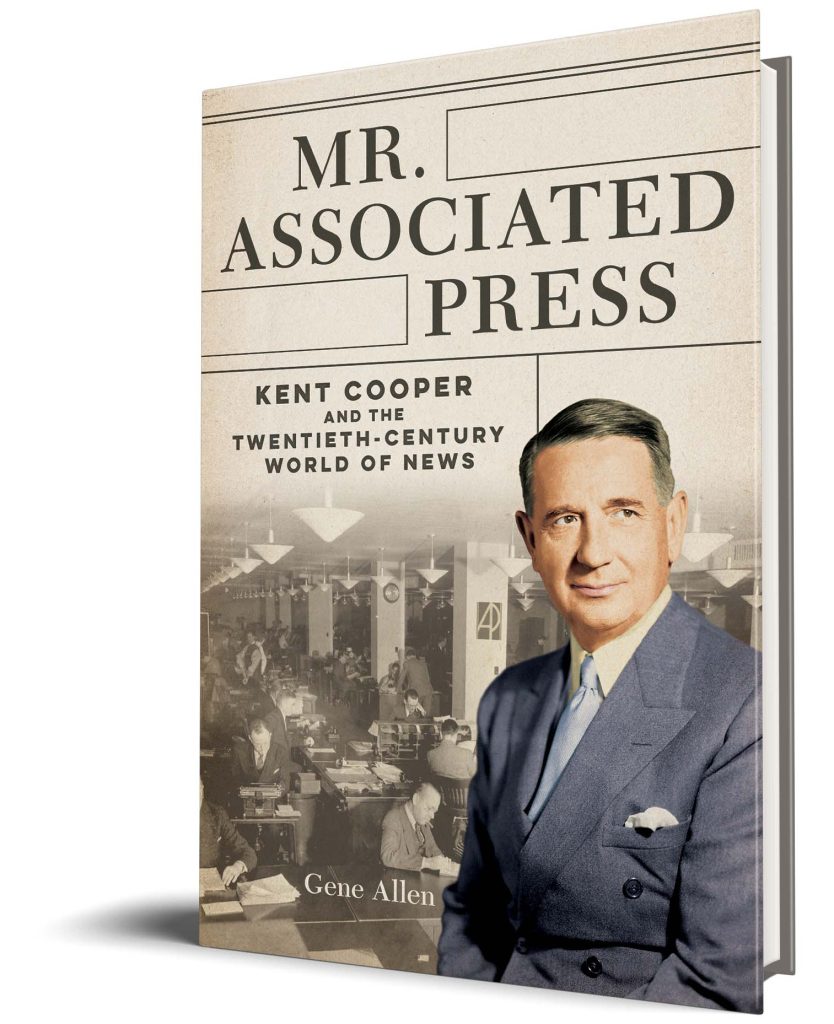Gene Allen, author of Mr. Associated Press: Kent Cooper and the Twentieth-Century World of News, answers questions on his scholarly influences, discoveries, and reader takeaways from his new book.
Q: Why did you decide to write this book?
In 2008, I was conducting research for my previous book, a history of the Canadian Press news agency, which involved a research trip to the Associated Press (AP) corporate archives in New York. While I was there, the archivist, Valerie Komor, told me about their very extensive collections, including a large trove of Kent Cooper material. I had often heard about Cooper as a major figure in the development of the international news system in the 20th century and commented to Valerie that this would make a great resource for anyone who wanted to do a biography of Cooper. “Why not you?” she asked, and that’s how it began.
Q: What is the most interesting discovery you made while researching and writing your book?
There are lots of things that I think readers will find surprising. I suppose the biggest overall discovery is how far-sighted and persistent Cooper was in changing AP from a mainly North American operation into the most powerful news agency in the world. Another discovery is how cautious (to the point of pusillanimity) Cooper and AP were in responding to Nazi restrictions on the work of foreign correspondents in Germany in the 1930s. The book also shows that, while AP mostly observed strict neutrality in its U.S. political coverage, it was influenced at times by the political leanings (mainly Republican) of its member publishers. On a smaller scale, I was very surprised (and think readers will also be) to find out that the book most associated with Cooper, Barriers Down, was actually ghost-written for him by another AP employee. I could go on!

Q: What myths do you hope your book will dispel or what do you hope your book will help readers unlearn?
The book shows that AP’s international expansion between 1918 and 1945 was not the result of any overarching imperial ambitions, but was largely driven by competition with its main rival, United Press. I think readers, especially given the present-day media and political environment, will also be interested to see to what extent rigorous factual accuracy was an absolute and essentially unquestioned value for everyone involved.
Q: Which part of the publishing process did you find the most interesting?
I got terrific and generous feedback from the peer reviewers that helped me improve the manuscript significantly.
Q: What is your advice to scholars/authors who want to take on a similar project?
Make sure the project you’re starting is something that can keep you interested for however long it takes to complete. This project led in many different directions, so my curiosity kept getting a very good workout.
Q: What do you like to read/watch/or listen to for fun?
Very wide-ranging! I enjoy spy fiction (most recently Slow Horses by the British author Mick Herron) and historical biography (just finished excellent biographies on young John F. Kennedy and Charles de Gaulle). On TV, Succession, of course. I like movies of practically all kinds from the French New Wave to things like the Korean Oscar-winner Parasite. Now that the pandemic is (mostly) over, I’m also enjoying a return to live classical music performance.

